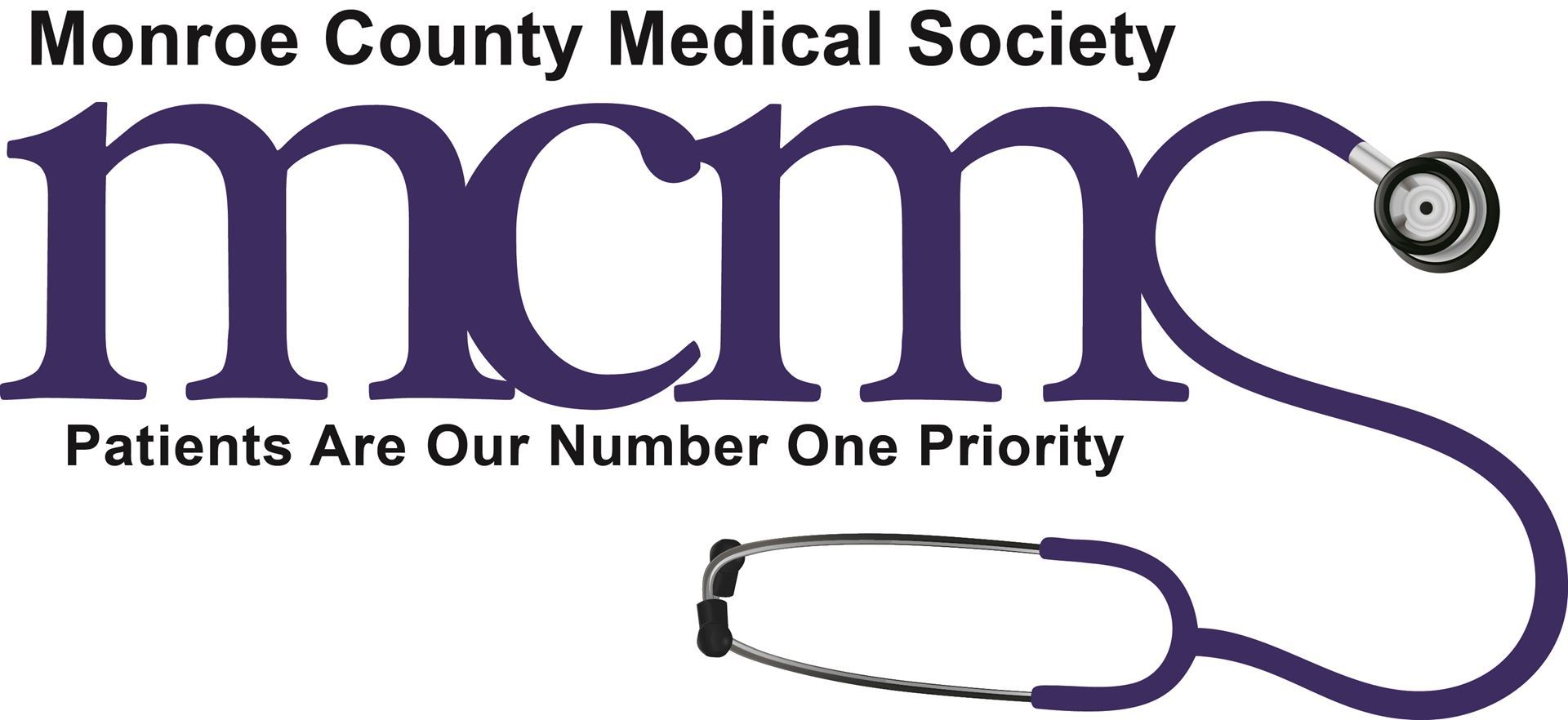- Home
- Resources
- Physician Resources
- Physician Wellness
Resources That Can HelpWhat are the top 10 Work Related Stressors in Physicians?
What Else Needs to Be Done?
| Physician Wellness Survey ResultsPhysician burnout is a serious problem that is affecting the healthcare industry. It is defined as a syndrome of emotional exhaustion, depersonalization, and reduced personal accomplishment. Burnout can lead to a number of negative consequences, including decreased patient care quality, increased medical errors, and increased turnover of physicians. In January 2023, MCMS and the Physician Wellness Committee created a survey to get to the heart of physician burnout. It addresses work environment and systems-based issues affecting Physician health and patient outcomes. • 142 doctors responded from MCMS, GRIPA, AHP, FQHC, URMC, RRH • 28 specialties where represented. 95.07% of respondents were primarily clinical. What Can I Do?
What is MCMS Doing About This?MCMS and MSSNY fight every day to improve the lives of our community’s physicians. We address the needs of physicians in two ways: systemic issues facing physicians, and how to support physicians’ acute needs and promote wellness.
|
